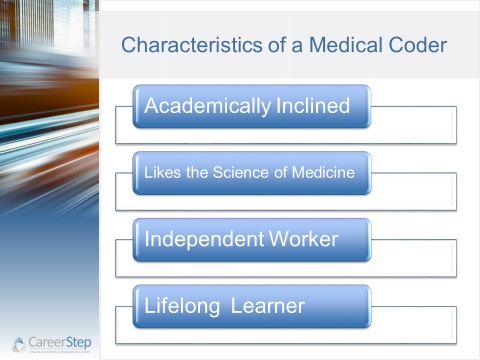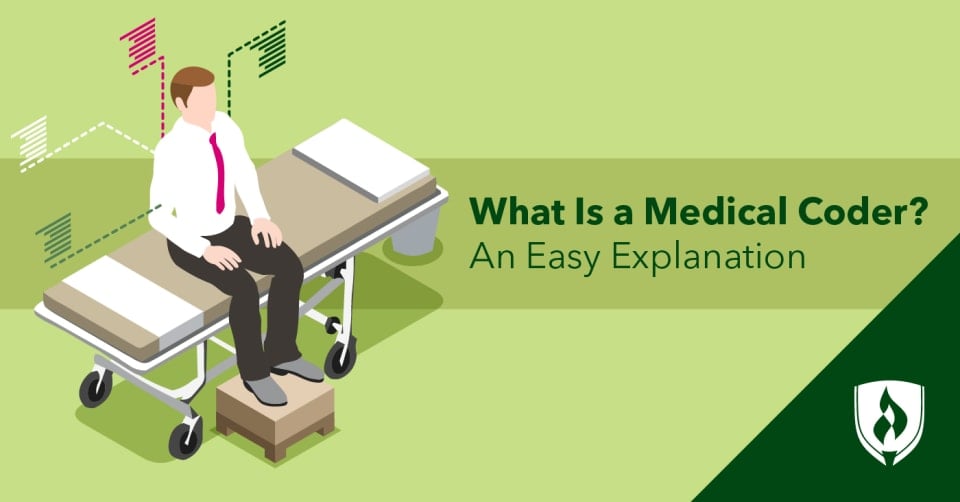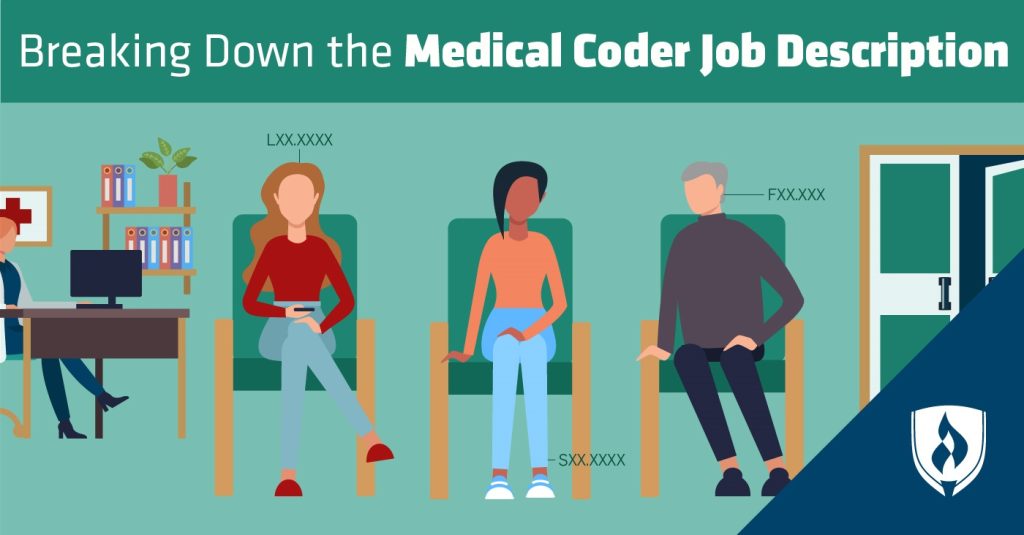In this article, you will learn about the qualities and skills required to excel in the field of medical coding. Medical coding is a specialized profession that involves translating medical diagnoses, procedures, and services into universally recognized codes. It requires a high level of attention to detail, accuracy, and knowledge of medical terminology.
A good medical coder is someone who possesses excellent analytical and problem-solving skills. They have a keen eye for detail and are able to review medical records and interpret complex information accurately. Additionally, they are highly organized and can efficiently manage large volumes of data. A strong understanding of medical terminology and coding guidelines is also essential. Finally, a good medical coder is someone who is committed to staying updated with the latest coding regulations and guidelines.
Overview
Medical coding is an essential component of the healthcare industry. It involves transforming medical diagnoses, procedures, and treatments into alphanumeric codes for documentation and billing purposes. A skilled medical coder plays a crucial role in ensuring accurate medical records, insurance claims, and reimbursement processes. In this article, we will explore the skills, qualities, education, and experience required for success in the field of medical coding.
Skills and qualities
To excel in medical coding, you need to possess certain skills and qualities that are vital for the job. Let’s delve into some of these key attributes:
Analytical skills
As a medical coder, you will review and analyze complex medical records, diagnoses, and procedures. Strong analytical skills are paramount in deciphering medical documentation and assigning appropriate codes accurately and efficiently.
Attention to detail
Medical coding requires meticulous attention to detail. Every small detail in a patient’s record can have a significant impact on coding accuracy and subsequently, insurance reimbursements. A good medical coder must ensure that they carefully review and analyze each aspect of a patient’s medical documentation to avoid errors.
Organizational skills
Medical coding involves managing a large volume of patient information and related documentation. Effective organizational skills are vital in keeping track of medical records, coding assignments, and compliance standards. Attention to detail also ties in with organizational skills, as maintaining accurate and well-organized records is crucial for successful medical coding.
Medical knowledge
To accurately assign codes, a medical coder must possess a solid understanding of medical terminology, diagnoses, procedures, and treatments. Medical coding professionals must continuously update their knowledge on advances in the healthcare industry and medical coding guidelines to ensure accurate and up-to-date coding.
Technical proficiency
Medical coding is increasingly becoming more computer-based and reliant on technology. Good technological skills are necessary to navigate electronic health record (EHR) systems, coding software, and databases effectively. Familiarity with data entry and retrieval tools is crucial in ensuring efficiency and accuracy in medical coding.

Education and certification
To pursue a career in medical coding, a relevant degree or certification is highly recommended. While a degree is not always a requirement, it can provide a solid foundation and enhance your chances of securing a job in the field. Several degrees and certifications are relevant to medical coding, such as:
Relevant degrees and certifications
- Associate degree in Health Information Management or Medical Coding
- Bachelor’s degree in Health Information Management or Healthcare Administration
Certifications in medical coding are highly valued in the industry and can significantly boost your employability. Some of the well-recognized certifications include:
- Certified Professional Coder (CPC) by the AAPC (American Academy of Professional Coders)
- Certified Coding Specialist (CCS) by the AHIMA (American Health Information Management Association)
Continuing education and professional development are also essential in the rapidly evolving field of medical coding. Regularly attending workshops, seminars, and conferences can help you stay current with the latest coding guidelines and advancements in the healthcare industry.
Experience
Hands-on experience in medical settings is invaluable for a medical coding professional. By working directly with medical records, coding systems, and healthcare professionals, you gain practical knowledge and a deeper understanding of the intricacies of medical coding. Some medical coding positions may require a minimum number of years of experience, making it important to gain relevant experience to enhance your employability.

Coding systems
Fluency in different coding systems, such as ICD-10 (International Classification of Diseases, 10th revision), CPT (Current Procedural Terminology), and HCPCS (Healthcare Common Procedure Coding System), is fundamental to performing accurate medical coding. Each coding system serves a specific purpose, and a good medical coder should have a solid understanding of these systems, their guidelines, and conventions.
Communication skills
Effective communication is crucial in medical coding, as you will regularly interact with healthcare professionals, insurance companies, and other stakeholders. Your ability to understand and convey complex medical information is essential in accurately documenting and coding patient records. Additionally, strong written communication skills are vital in preparing clear and concise coding documentation.

Ethical standards
Medical coders handle sensitive patient information on a daily basis, so strict adherence to patient confidentiality and privacy regulations is of utmost importance. Ethical coding practices, such as accurately representing medical services provided and coding to the highest standards of integrity, are essential for maintaining trust and integrity within the healthcare industry.
Attention to compliance
Familiarity with coding guidelines and regulations is critical for medical coders. Staying up-to-date with changes in industry regulations and guidelines is vital to ensure compliance and avoid penalties or legal issues. Good medical coders must have a strong understanding of coding standards and be able to adhere to them consistently.

Adaptability
The healthcare industry is constantly evolving, and medical coding is no exception. It is essential for medical coders to be adaptable and willing to embrace new coding practices and technologies. Ongoing learning, staying abreast of industry developments, and being open to change are crucial for long-term success in the field.
Conclusion
In conclusion, medical coding requires a unique blend of skills, knowledge, and experience. It is a profession that demands analytical abilities, attention to detail, organizational skills, medical knowledge, and technical proficiency. Education, certification, and hands-on experience play critical roles in building a successful career in medical coding. Effective communication, ethical standards, compliance, and adaptability are also essential attributes for a medical coder. By embodying these qualities and continuously striving for professional growth and development, you can position yourself as a valued and skilled medical coding professional in the healthcare industry.

